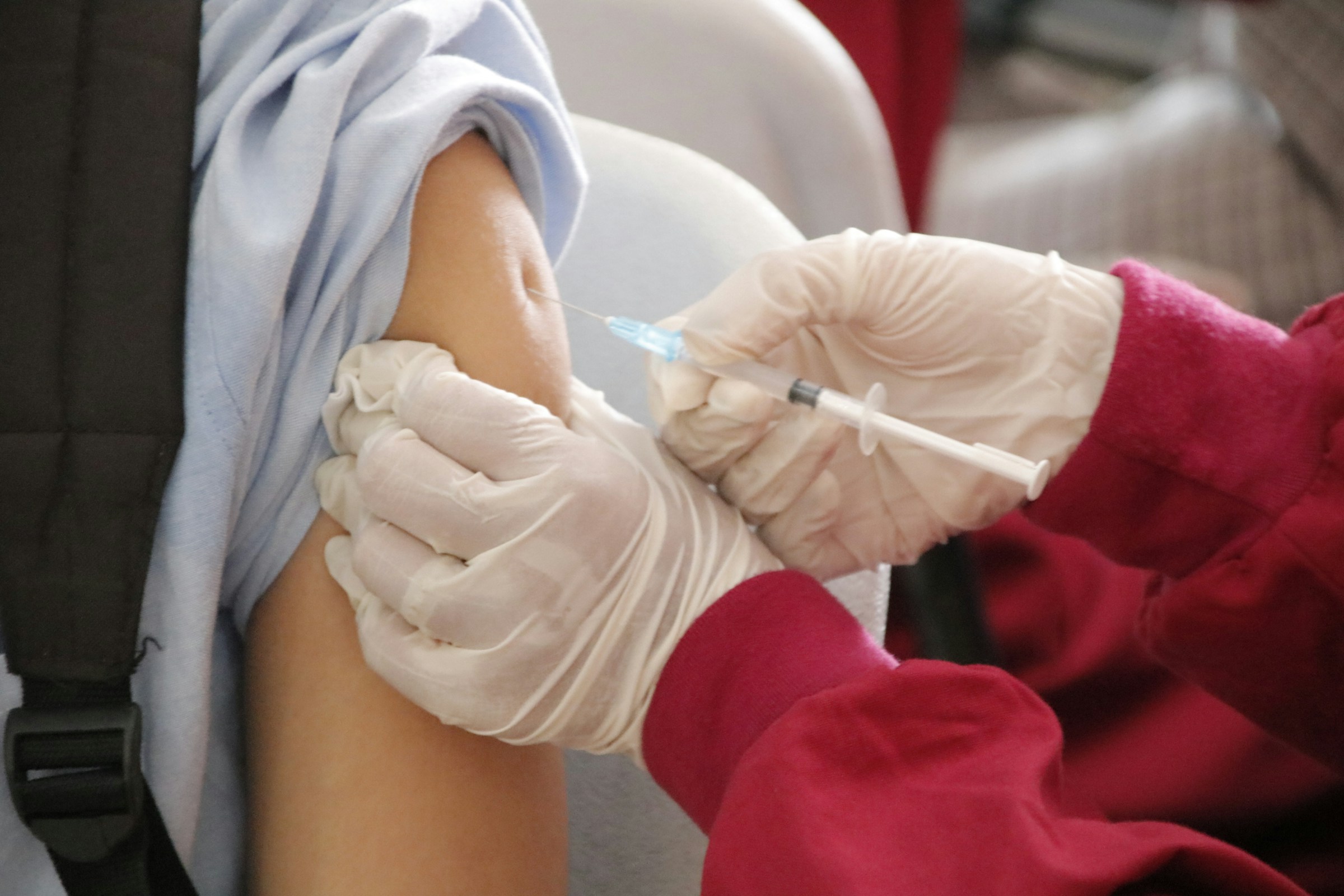Diphtheria
Diphtheria is a potentially fatal contagious bacterial infection that mainly affects the nose and throat, and sometimes the skin.
Diphtheria is highly contagious. It’s spread by coughs and sneezes, or by contact with someone with diphtheria or items belonging to them, such as bedding or clothing.
The infection is usually caught after being in close or prolonged contact with someone who has the condition or is carrying the infection. For example, you may catch diphtheria from someone you live with.
However, diphtheria is very rare in England because most people have been vaccinated against it. It tends to be a problem in parts of the world where fewer people are vaccinated, such as Africa, South Asia and the former Soviet Union.
Symptoms
The symptoms of diphtheria include:
– a thick grey-white coating at the back of the throat
– a high temperature (fever) of 38C (100.4F) or above
– sore throat
– breathing difficulties
Older people and people with a weakened immune system are more at risk of the effects of diphtheria. The most serious cases can be fatal.
An estimated 5-10% of people who get the infection will die from complications of diphtheria, such as breathing difficulties, inflammation of the heart (myocarditis) or problems with the nervous system.
Vaccination
All children should be vaccinated against diphtheria as part of the routine childhood vaccination schedule.
Adults should consider having a booster vaccine when travelling to parts of the world where diphtheria is widespread.
Frequently Asked Questions
Diphtheria is an infection that affects the upper and lower respiratory tract, such as the nose and throat, and sometimes the skin. This disease is highly contagious and, if not treated quickly, it can be fatal, particularly in children.
Corynebacterium is the type of bacteria that causes Diphtheria. It is typically spread through coughing and sneezing.
The areas that are most at risk from Diphtheria include:
– Morocco
– Indonesia
– Africa
– Syria
– India
– Bangladesh
– Afghanistan
Once treatment has been given for Diphtheria, the body will begin to heal within 2 to 3 months. However, Diphtheria can cause lasting damage to the heart, kidneys, and nervous system.
Once a person has been infected with Diphtheria, they usually experience symptoms within 2 to 5 days.
Symptoms of Diphtheria include:
– A high temperature
– Sore throat
– Difficulty swallowing and/or breathing
– Swollen neck glands
If a person has become infected in an area where there is poor hygiene, then infection of the skin (known as Cutaneous Diphtheria) is more common.
Symptoms of Cutaneous Diphtheria include:
– Blisters on legs, feet and hands
– Ulcers surrounded by red, sore skin
Yes, Buscopan can be used to treat diarrhea.
Most children are vaccinated against Diphtheria as part of the routine childhood vaccination schedule. However, adults should consider having a booster vaccine if they are planning to travel to parts of the world where Diphtheria is common.
The Travel Health Clinic offers the DTP vaccination to protect people against Diphtheria, Tetanus, and Polio.



